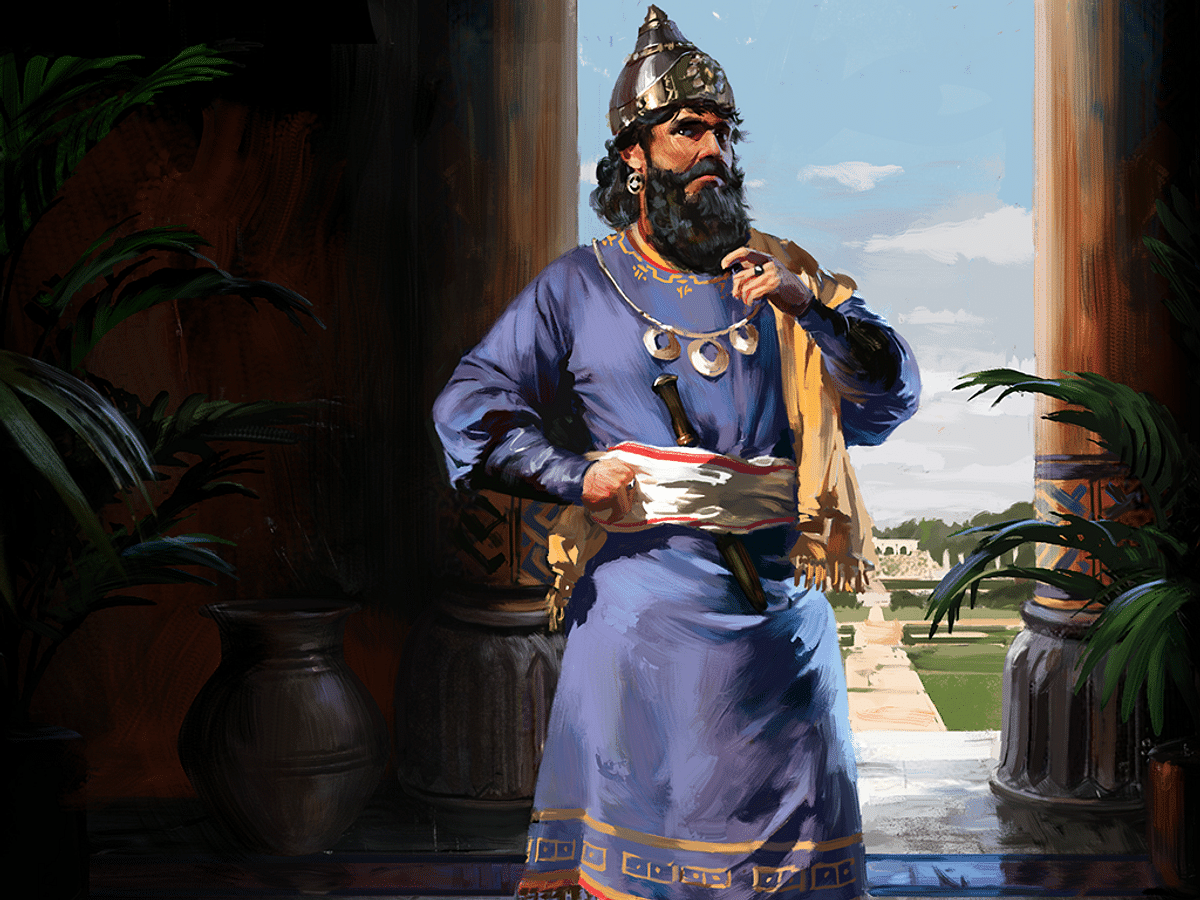ppr-revolution.com – King Nebuchadnezzar II, who reigned from 605 to 562 BCE, is renowned not only as a formidable military leader but also as a visionary builder who transformed Babylon into one of the most magnificent cities of the ancient world. His reign marked a period of significant architectural and cultural development, earning him the title “The Builder King.”
Military Might and Strategic Leadership
Nebuchadnezzar II, the second king of the Neo-Babylonian Empire, was born around 630 BCE. He succeeded his father, Nabopolassar, who had founded the Chaldean dynasty. Nebuchadnezzar’s military prowess was evident from an early age, as he led campaigns in Syria and Palestine, securing control over key regions and cities. His strategic victories, such as the defeat of the Egyptian army at Carchemish and Hamath, solidified Babylonian dominance in the region.
Rebuilding Babylon
Nebuchadnezzar’s contributions to Babylon were monumental. He embarked on extensive building projects that not only restored the city’s former glory but also enhanced its splendor. The most iconic of these projects was the construction of the Hanging Gardens, one of the Seven Wonders of the Ancient World. These gardens, described by Greek historians as terraced gardens reaching a height of 20 meters, were a marvel of engineering and artistry.
The Ishtar Gate, another architectural marvel, was adorned with glazed bricks and lapis lazuli, showcasing the city’s wealth and the king’s aesthetic vision. Nebuchadnezzar also rebuilt the city walls, making them impenetrable and wide enough to accommodate chariot races.
Cultural and Religious Influence
Beyond his architectural achievements, Nebuchadnezzar played a crucial role in Babylon’s cultural and religious life. He promoted art and literature, and his reign saw a flourishing of cultural exchange between Babylon and other parts of the ancient world. Nebuchadnezzar’s interest in the religious practices of his subjects, including those of the Israelites, is evident in his interactions with Jewish leaders and his efforts to incorporate their beliefs into Babylonian culture.
Legacy
Nebuchadnezzar II’s legacy is that of a king who not only expanded his empire through military might but also enriched it through cultural and architectural achievements. His reign set a standard for urban planning and artistic expression that influenced subsequent civilizations. The city of Babylon, under his rule, became a symbol of power, wealth, and sophistication, leaving a lasting impact on the world’s perception of ancient Mesopotamia.
In conclusion, King Nebuchadnezzar II was not just a warrior king but also a builder who left an indelible mark on history. His contributions to Babylon’s architecture, culture, and military might have made him one of the most influential rulers of the ancient world.
